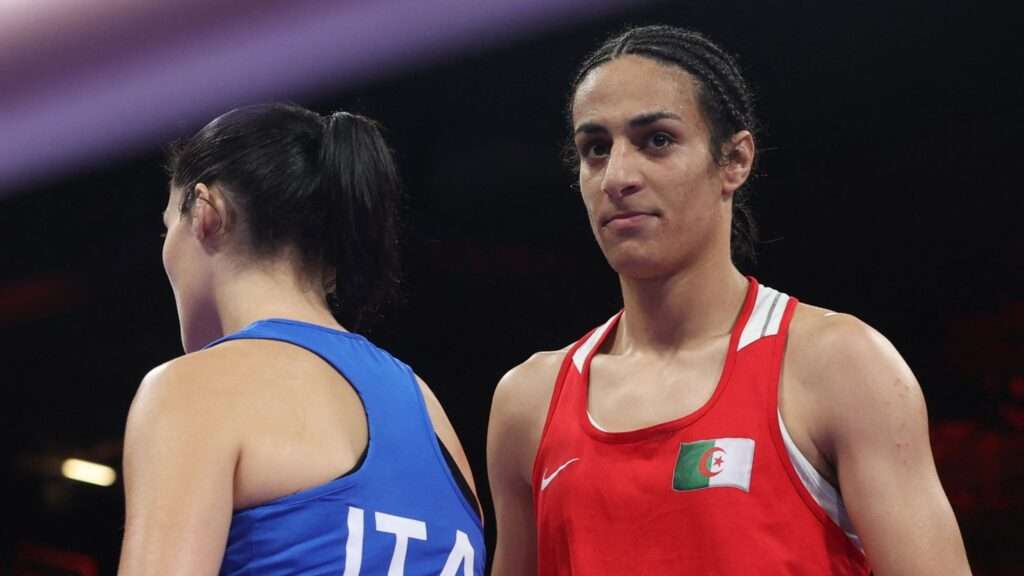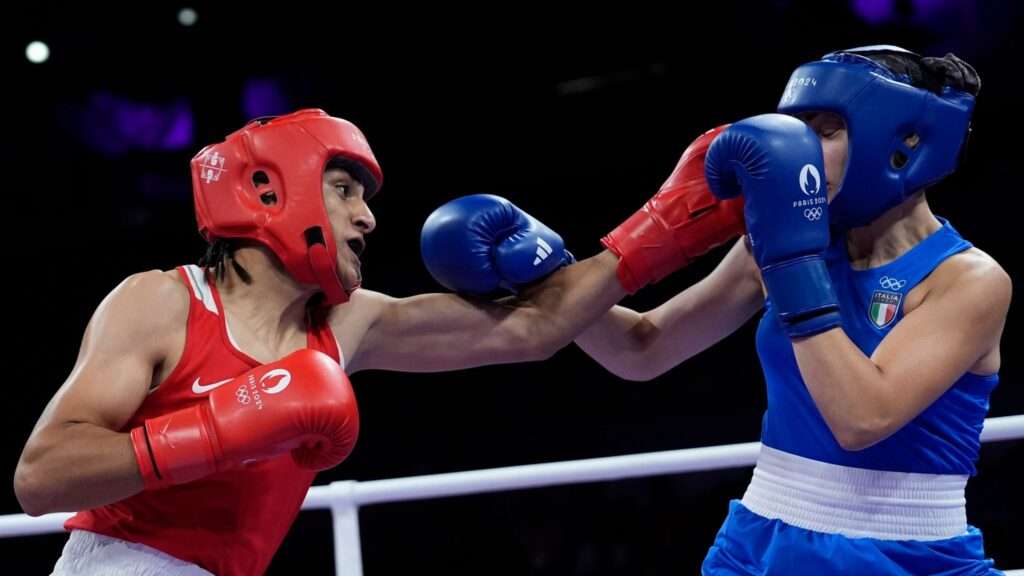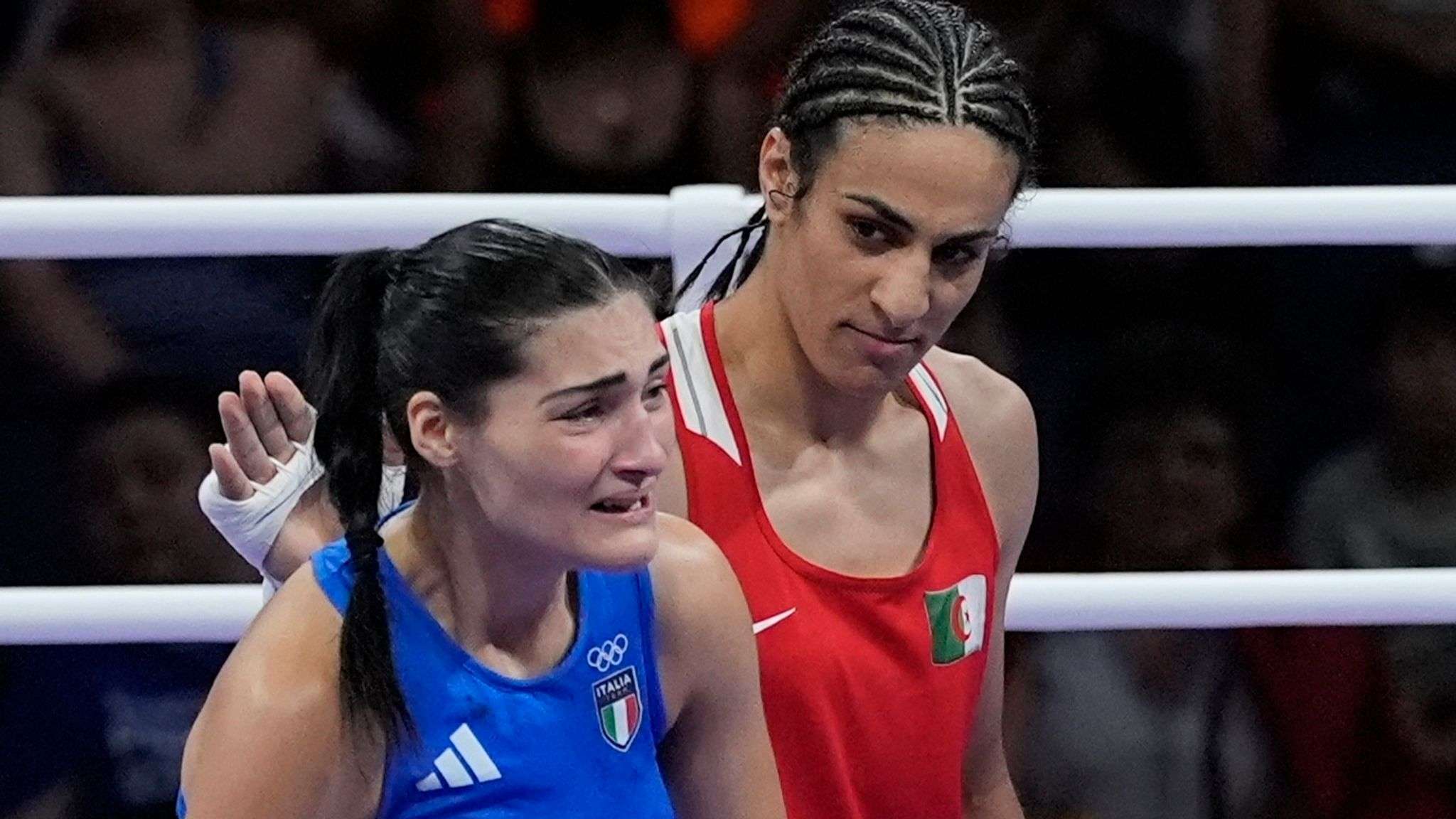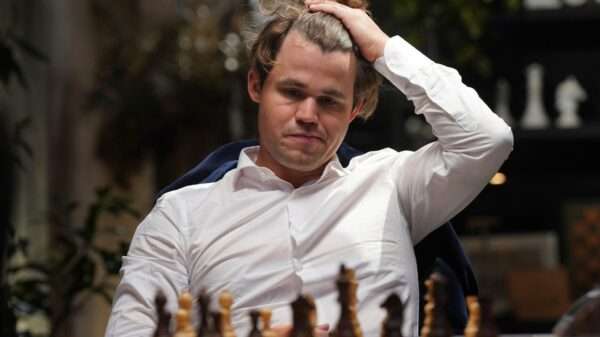Imane Khelif, an Algerian boxer, has found herself at the center of one of the most contentious Olympic controversies in recent history. This controversy has its roots in the complex and evolving landscape of gender in sports, particularly in boxing, where the definition and recognition of gender categories have significant implications for competition and fairness.
Khelif’s journey to the Olympic stage is a testament to her dedication and skill in a sport traditionally dominated by men. Her rise through the ranks of boxing has been marked by impressive achievements and relentless perseverance. However, her path has also been fraught with challenges, not least of which is the debate surrounding her gender identity and its impact on her eligibility to compete in women’s boxing events.

The issue came to a head when questions were raised about Khelif’s gender, leading to a highly publicized and heated debate within the sporting community and beyond. Critics argued that her participation in women’s boxing events could provide her with an unfair advantage, while supporters contended that she had every right to compete based on the established criteria of the governing bodies.
The controversy underscores the broader struggle that sports organizations face in defining and enforcing gender categories. The International Olympic Committee (IOC) and other governing bodies have established guidelines for athletes’ participation in gendered categories, often based on complex criteria involving testosterone levels, medical history, and legal recognition of gender identity. These guidelines aim to balance inclusivity with fairness, but they are not without their critics.
Is it fair to exclude someone female at birth who has gone through no treatment to adjust testosterone levels that would gain a competitive advantage?

Mr Adams, of the IOC, said: “This involves real people and we’re talking about real people’s lives here.
“They have competed and they continue to compete in the women’s competition. They have lost and they’ve won against other women throughout, over the years.
“And by the way, this isn’t, should make this absolutely clear for everyone, this is not a transgender issue.”
But the issue is not going away from the Olympics however much its leadership is asking everyone to “dial it down”.









































